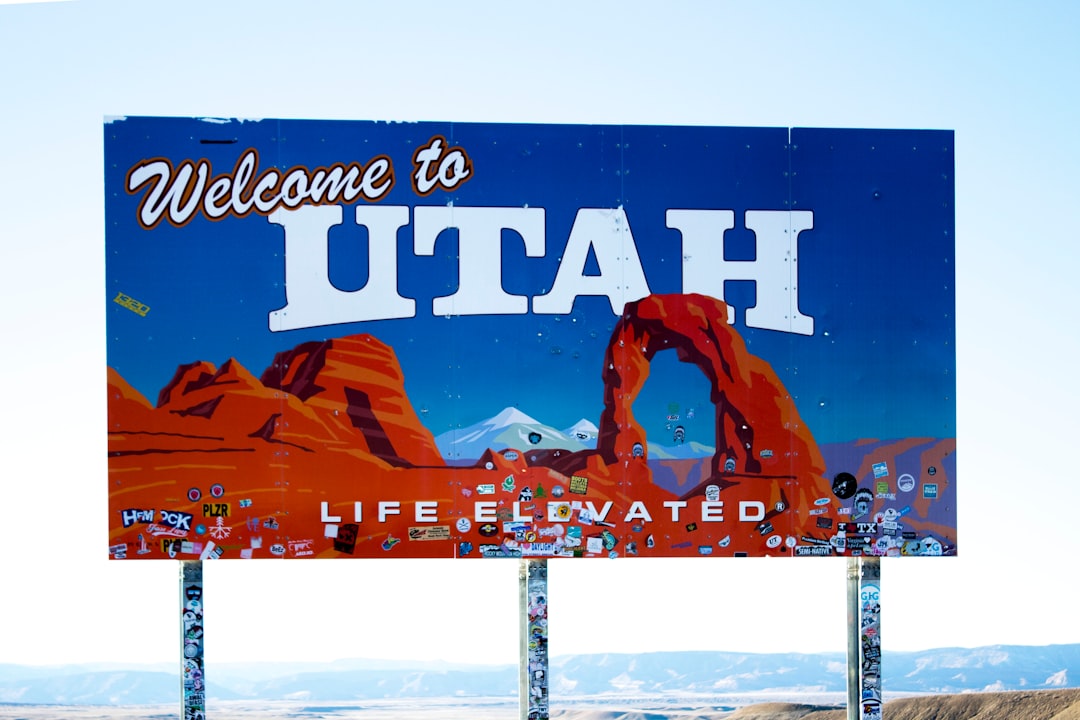Utah has adopted a robust multi-faceted approach to combat spam calls, prioritizing protection for low-income communities through stringent regulations like the Utah Telephone Consumer Protection Act. The state's strategy involves consumer protection agencies and the Attorney General's Office, which utilizes legal avenues against spam call attorneys targeting vulnerable populations. Public awareness campaigns educate residents about their rights, empowering them to combat scammers. Spam call attorneys play a pivotal role in upholding these protections, investigating, prosecuting, and advocating for stricter penalties. This comprehensive approach has significantly reduced spam calls targeting low-income communities, ensuring the safety and financial security of Utah's most vulnerable.
Utah has taken significant steps to protect its low-income communities from relentless phone scams, a growing digital menace. This comprehensive guide explores Utah’s multifaceted approach to spam call mitigation, delving into legal frameworks, the pivotal role of the Attorney General, and practical strategies tailored for vulnerable residents. By examining success stories, we highlight the profound impact of these efforts on mitigating the effects of phone scams on Utah’s most susceptible communities. Discover how spam call attorneys in Utah are making a difference.
Understanding Utah's Approach to Spam Call Mitigation

Utah has taken a proactive approach to protect its residents, especially low-income communities, from the nuisance and financial harm caused by spam calls. The state’s strategy involves a multi-faceted approach, including stringent regulations and the involvement of consumer protection agencies. Utah’s Attorney General’s Office plays a pivotal role in this effort, utilizing legal avenues to combat spam call attorneys who target vulnerable populations with deceptive practices.
The state has implemented robust measures, such as the Utah Telephone Consumer Protection Act, which restricts unsolicited telemarketing calls and provides citizens with recourse against violators. By combining legal frameworks with public awareness campaigns, Utah aims to educate residents about their rights and empower them to take action against spam callers. This comprehensive mitigation strategy ensures that low-income communities receive enhanced protection while holding perpetrators accountable.
Legal Framework: Protecting Communities through Legislation

Utah has established a robust legal framework aimed at safeguarding low-income communities from the pervasive issue of phone scams, particularly spam calls. The state’s legislature has enacted stringent laws that not only prohibit deceptive practices but also provide avenues for affected residents to seek justice and redress. These measures include strict regulations on telemarketing activities, empowering citizens with the right to file complaints against violators, and assigning severe penalties for non-compliance.
Spam call attorneys Utah play a pivotal role in upholding these legal protections. They assist individuals in navigating complex legal processes, ensuring that their rights are respected and violated parties receive the compensation they deserve. Through proactive litigation and public awareness campaigns, these attorneys contribute significantly to the overall effort of making Utah a safer place for residents, especially those vulnerable to financial exploitation through phone scams.
The Role of Attorney General in Fighting Phone Scams

The Attorney General plays a pivotal role in Utah’s efforts to combat phone scams, particularly those targeting low-income communities. As the primary legal officer for the state, they are responsible for investigating and prosecuting fraudulent activities, including spam calls that often prey on vulnerable populations. The AG’s office works diligently to educate residents about these scams, providing resources and awareness campaigns to empower folks to protect themselves.
Spam call attorneys in Utah actively collaborate with law enforcement agencies and consumer protection organizations to track down the sources of these malicious calls and implement stringent measures to deter future incidents. They advocate for stricter laws and regulations to penalize scam artists more effectively, ensuring that low-income communities are better shielded from such deceptive practices.
Strategies for Low-Income Residents: A Comprehensive Guide

Low-income residents in Utah often face unique challenges when it comes to protecting themselves from phone scams, including spam calls. To combat this, a comprehensive guide has been developed, offering practical strategies tailored to their specific needs and financial constraints. The first step is education; understanding common scamming tactics empowers individuals to recognize and avoid potential threats. This includes learning about the legal rights of residents when dealing with telemarketers and knowing how to report spam calls effectively.
Additionally, installing and utilizing call-blocking apps or registering on Utah’s Do Not Call Registry are simple yet powerful tools. These measures provide a layer of defense against unwanted and potentially harmful calls. For those facing persistent or aggressive scams, seeking legal advice from spam call attorneys Utah can offer guidance and ensure the protection of their financial and personal information.
Success Stories and the Impact on Vulnerable Communities

Utah’s proactive approach to combat phone scams has yielded significant success stories, especially in protecting low-income communities. The state’s efforts have resulted in a notable reduction in spam calls, which often target vulnerable populations with false promises and threats. Local initiatives, supported by dedicated spam call attorneys Utah, have educated residents on recognizing and reporting suspicious activities, empowering them to defend against potential scams.
These successful interventions have had a profound impact on vulnerable communities, ensuring their safety and financial security. By implementing stringent laws and providing accessible resources, Utah has created a more secure environment for its citizens, particularly those with limited access to information or technological resources. Such initiatives showcase the power of community engagement and legal advocacy in tackling modern-day scams.






